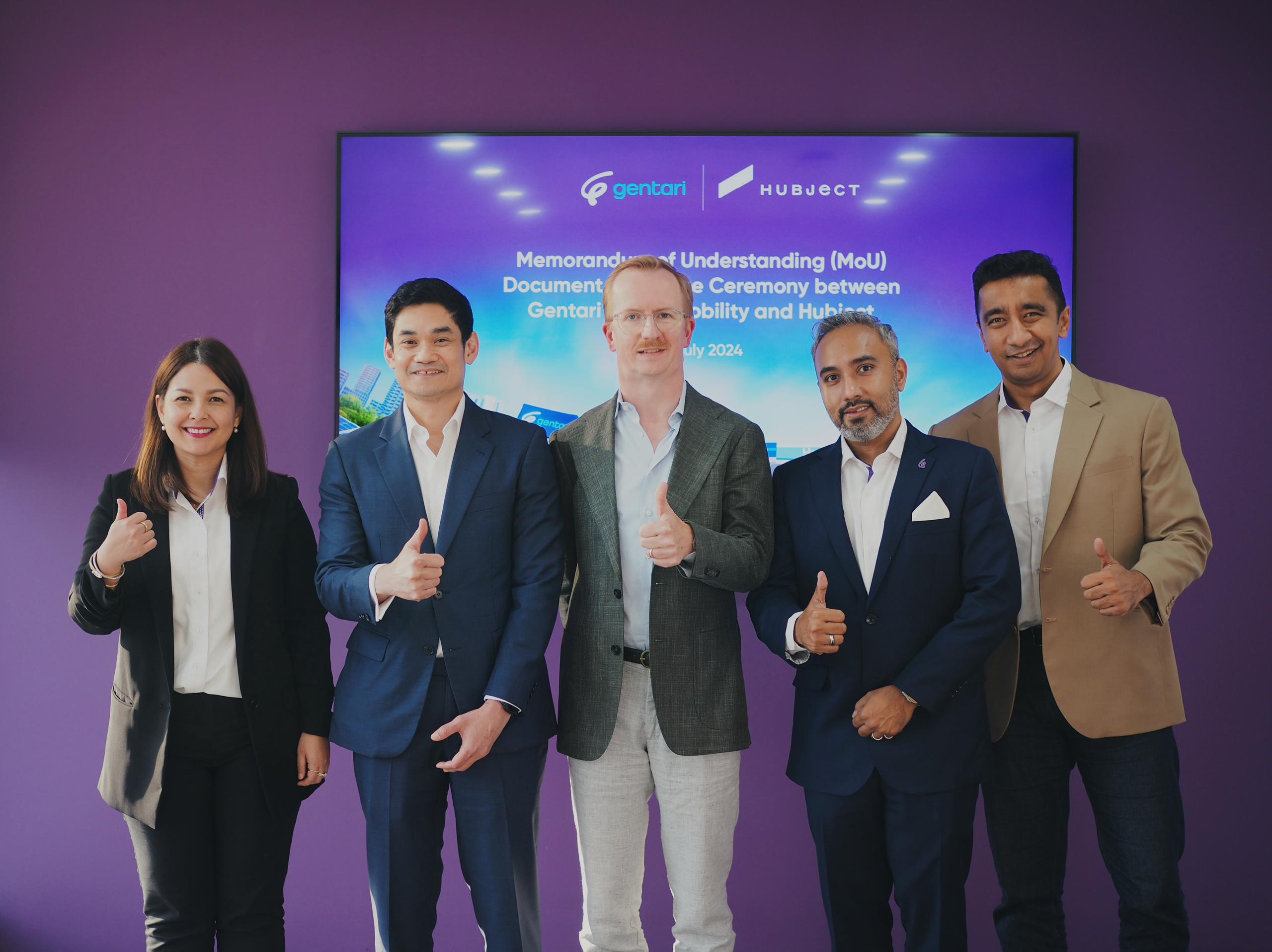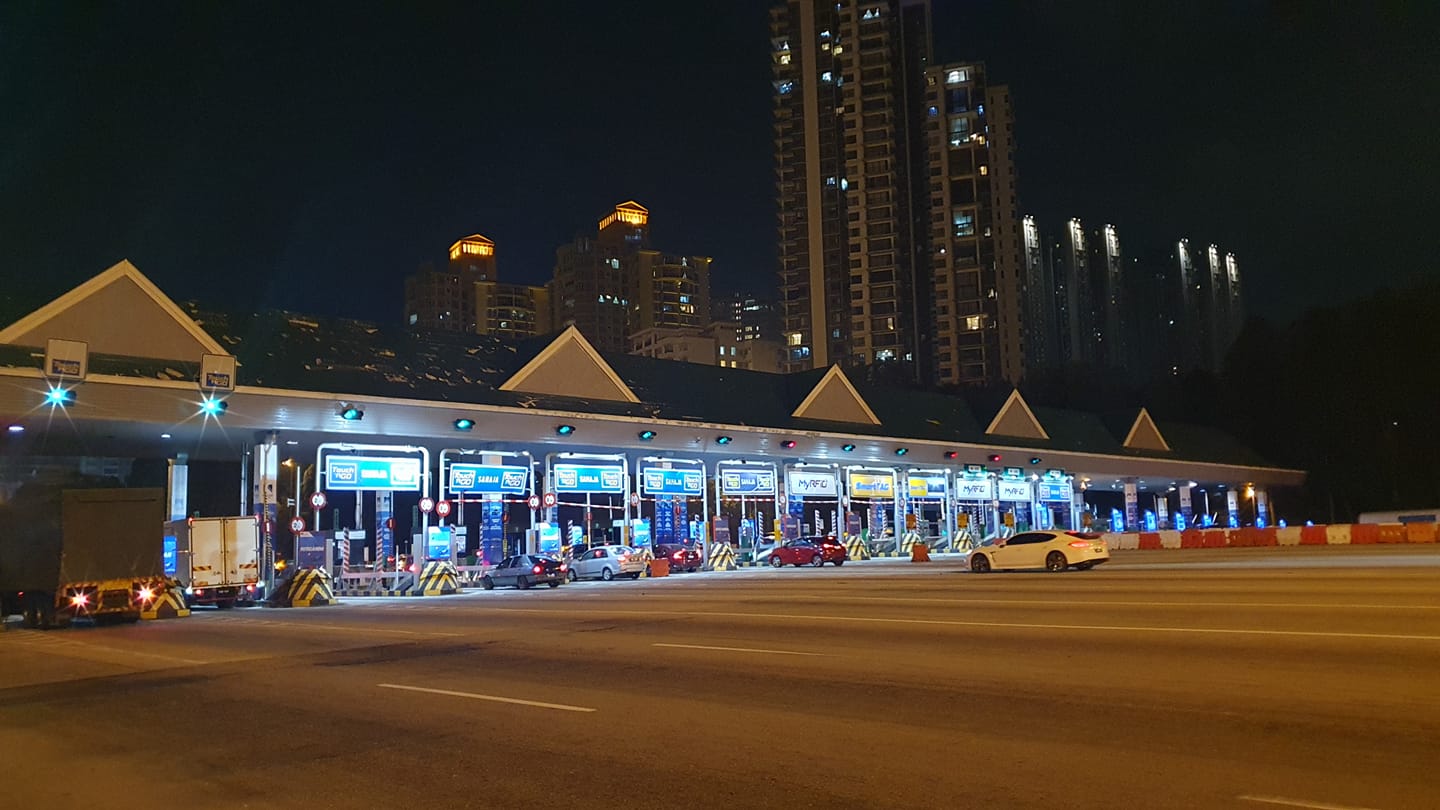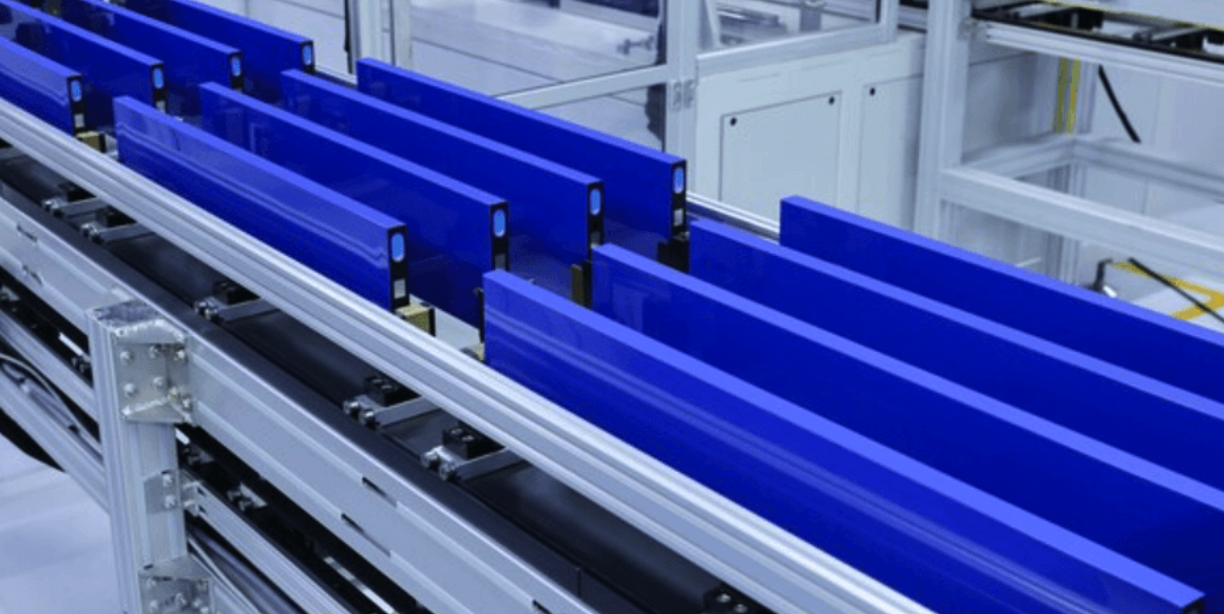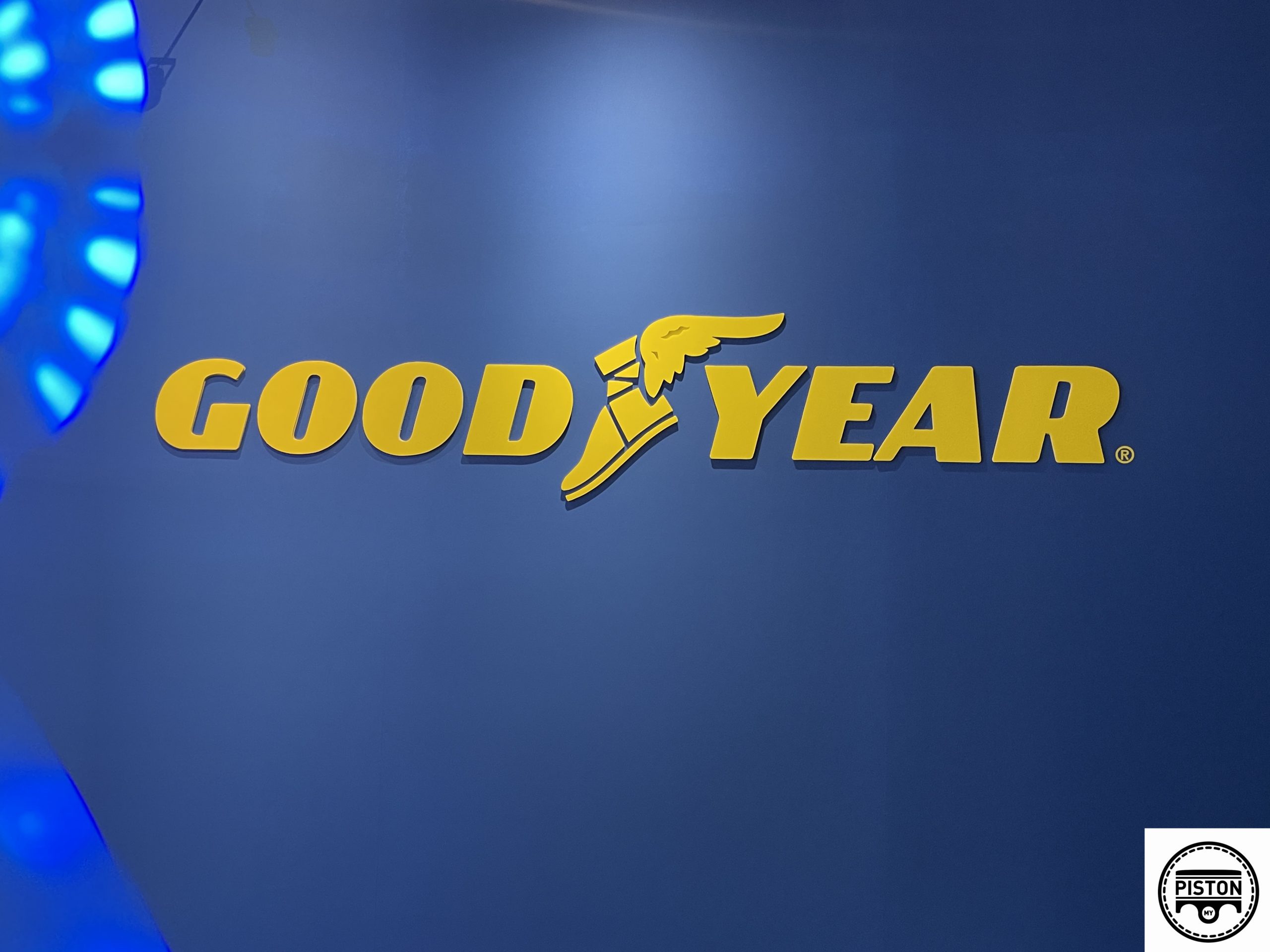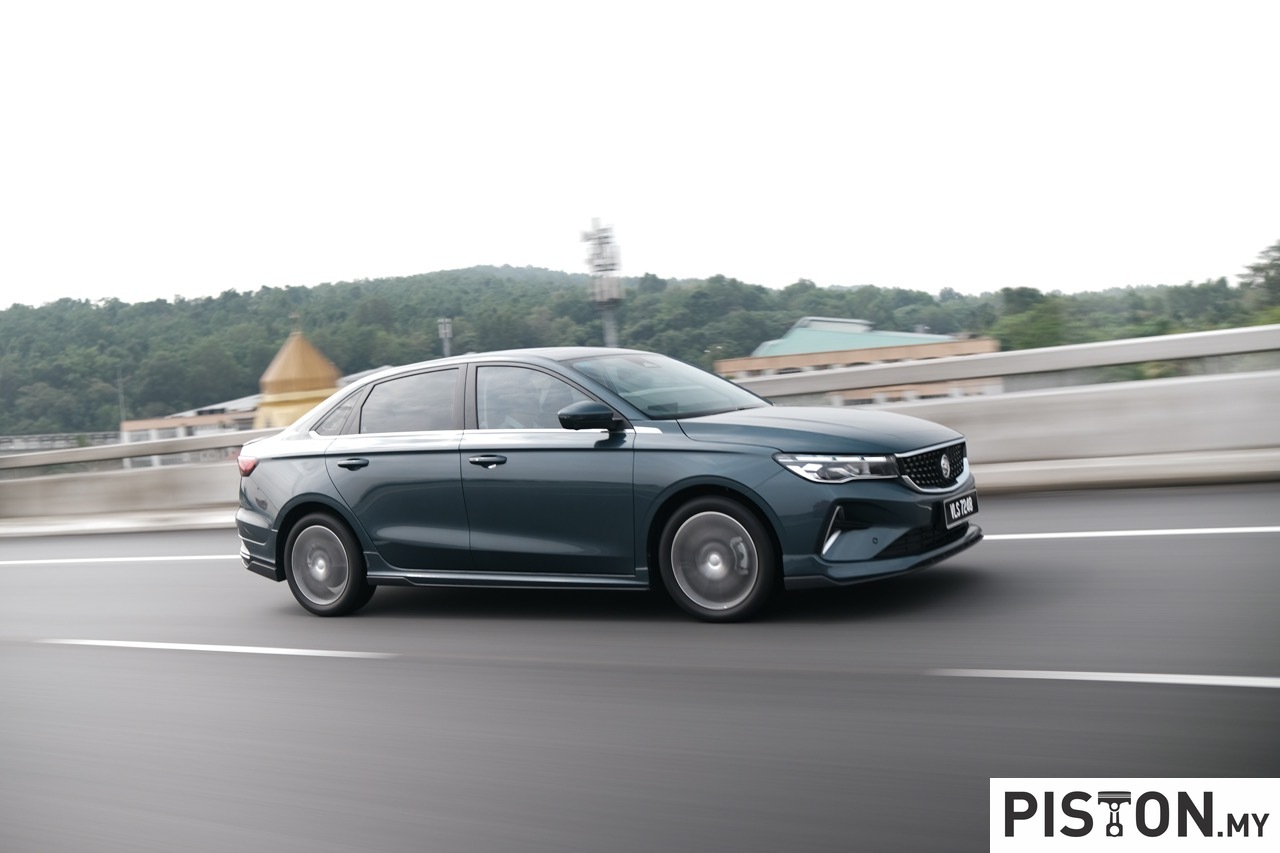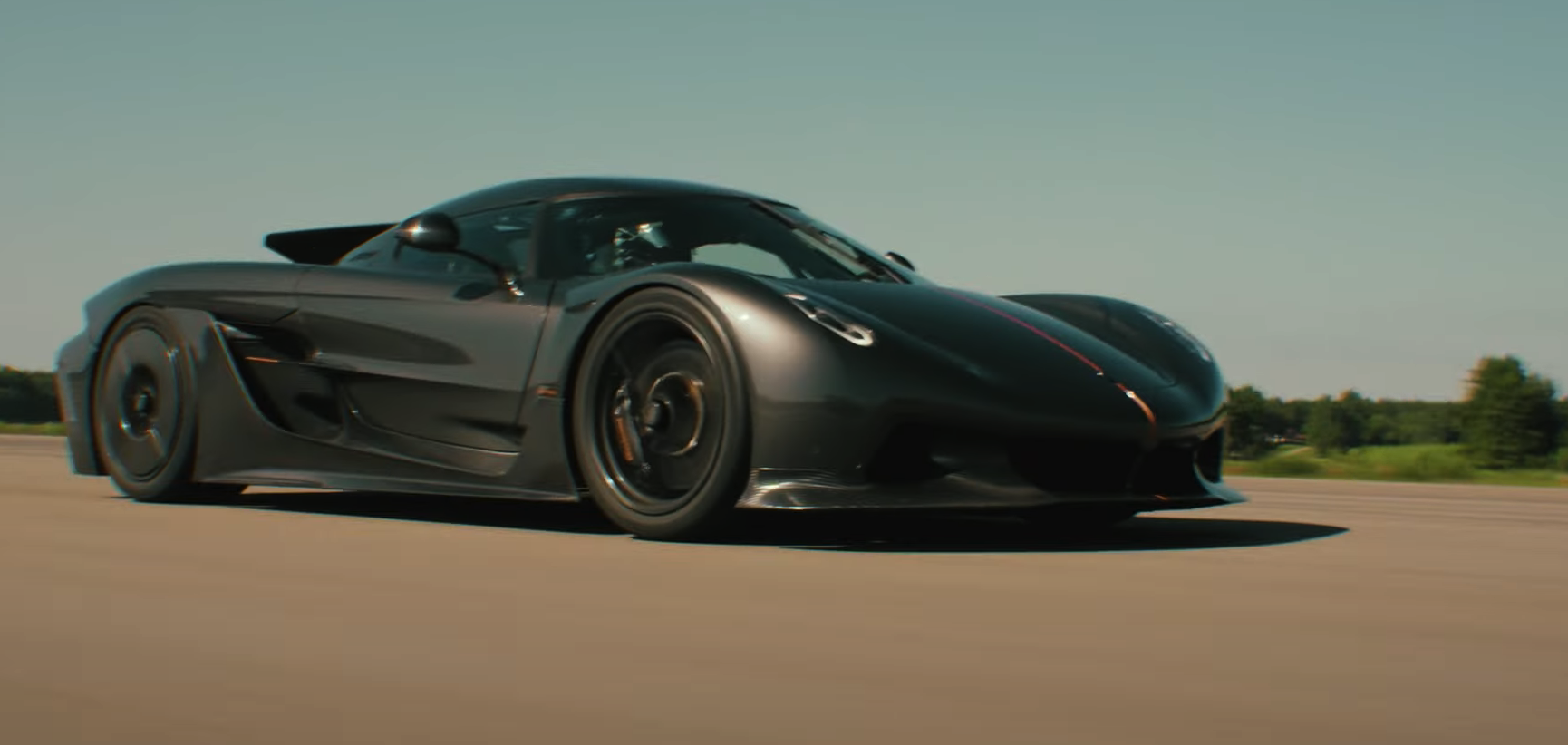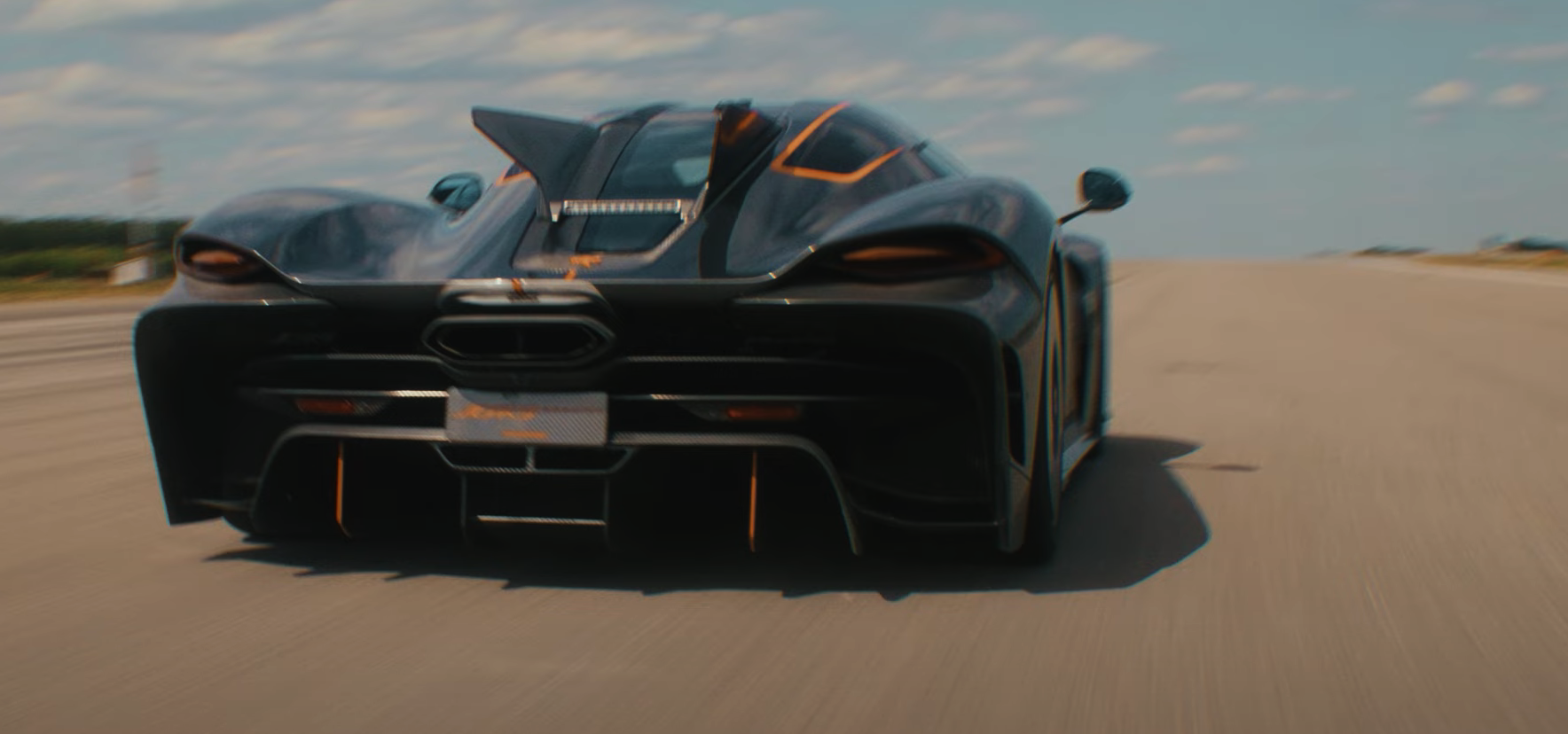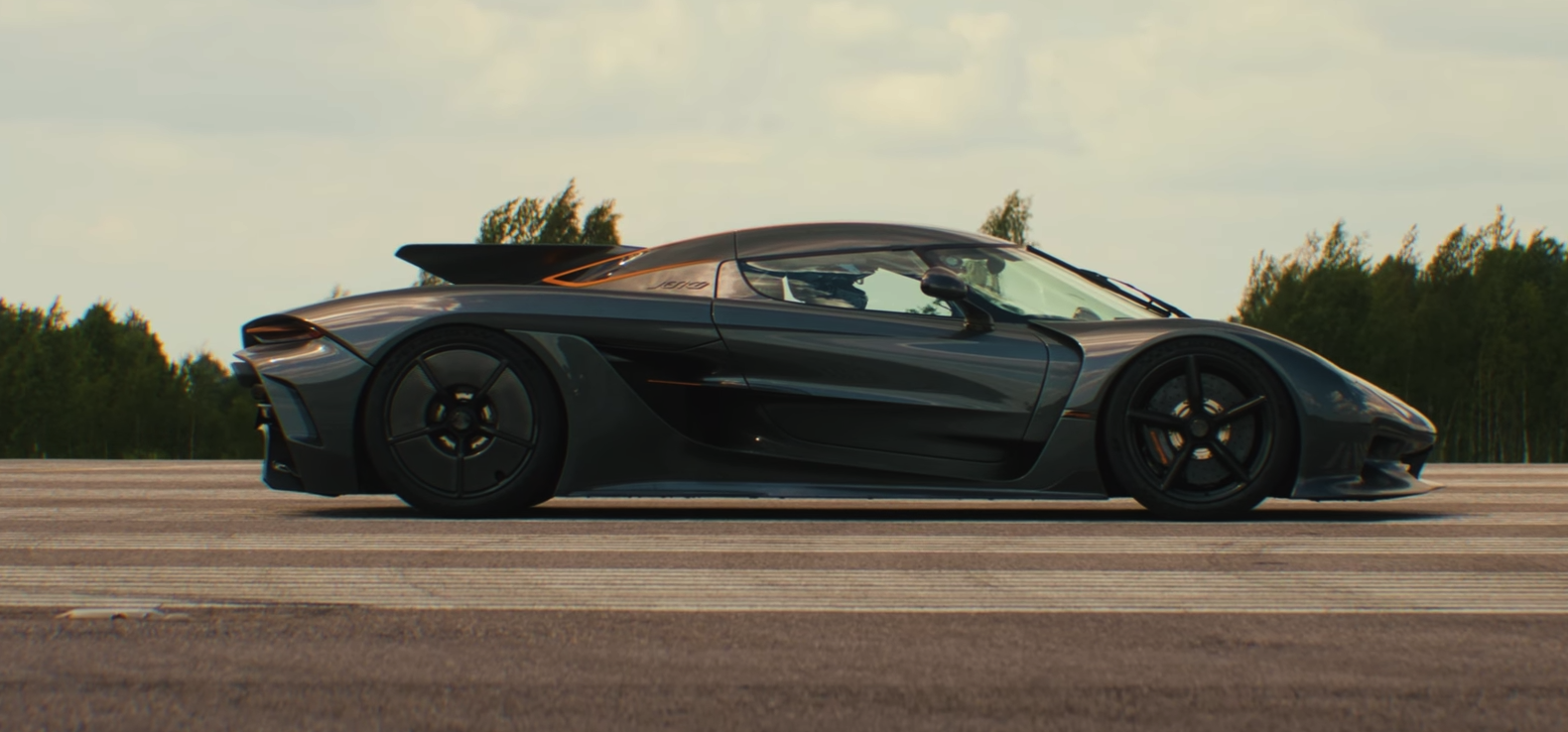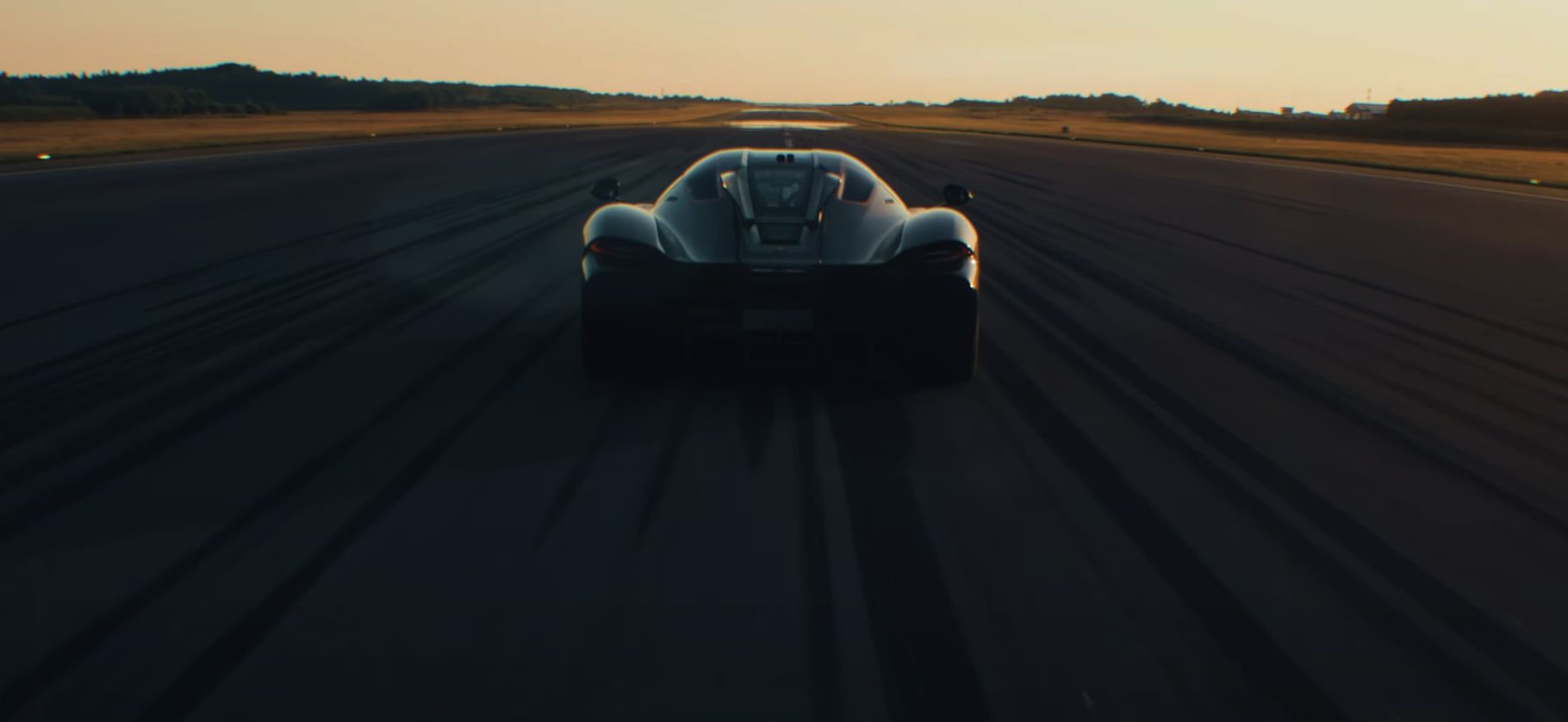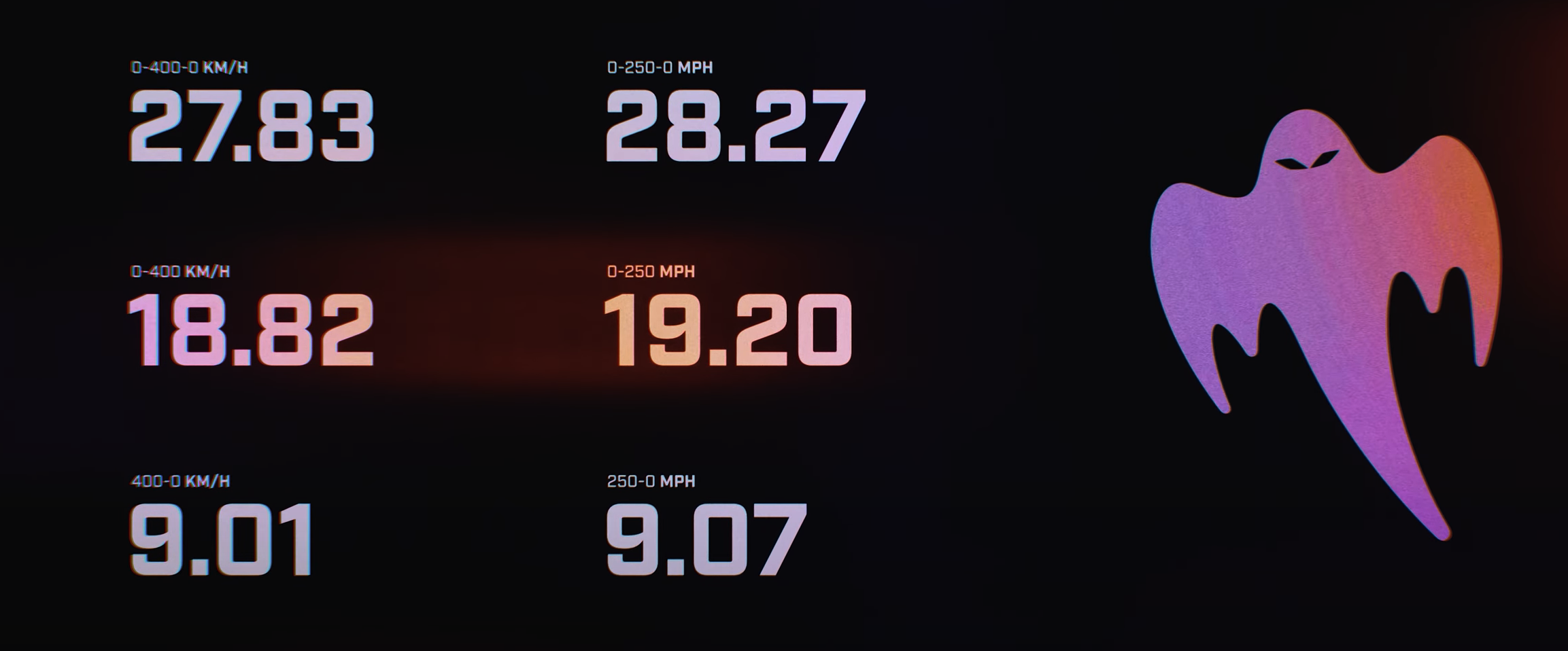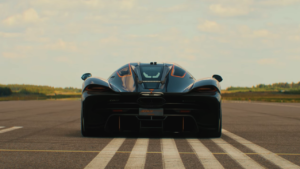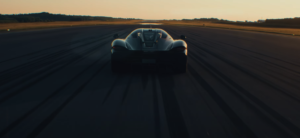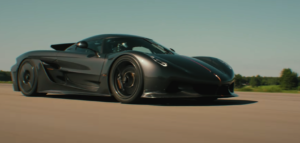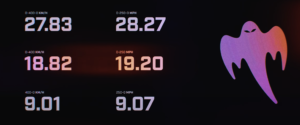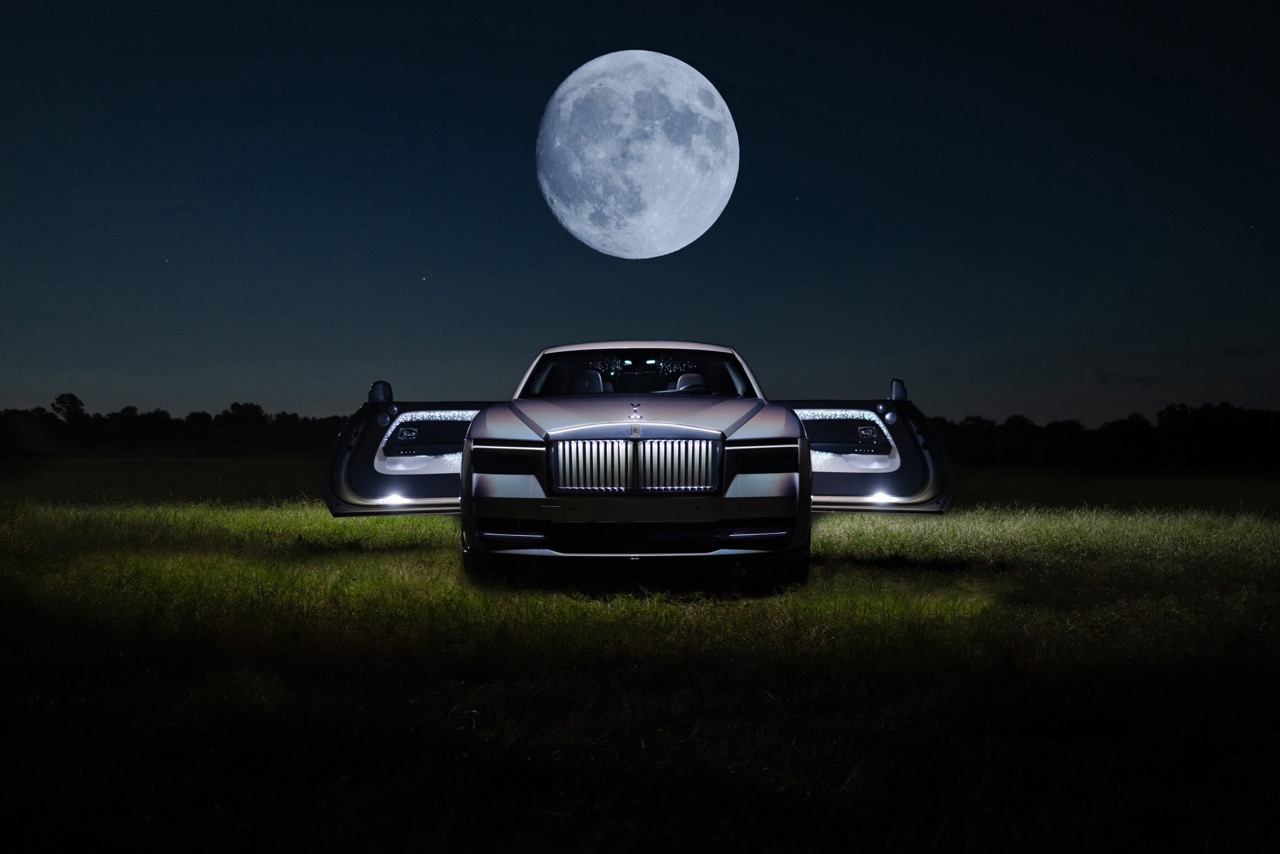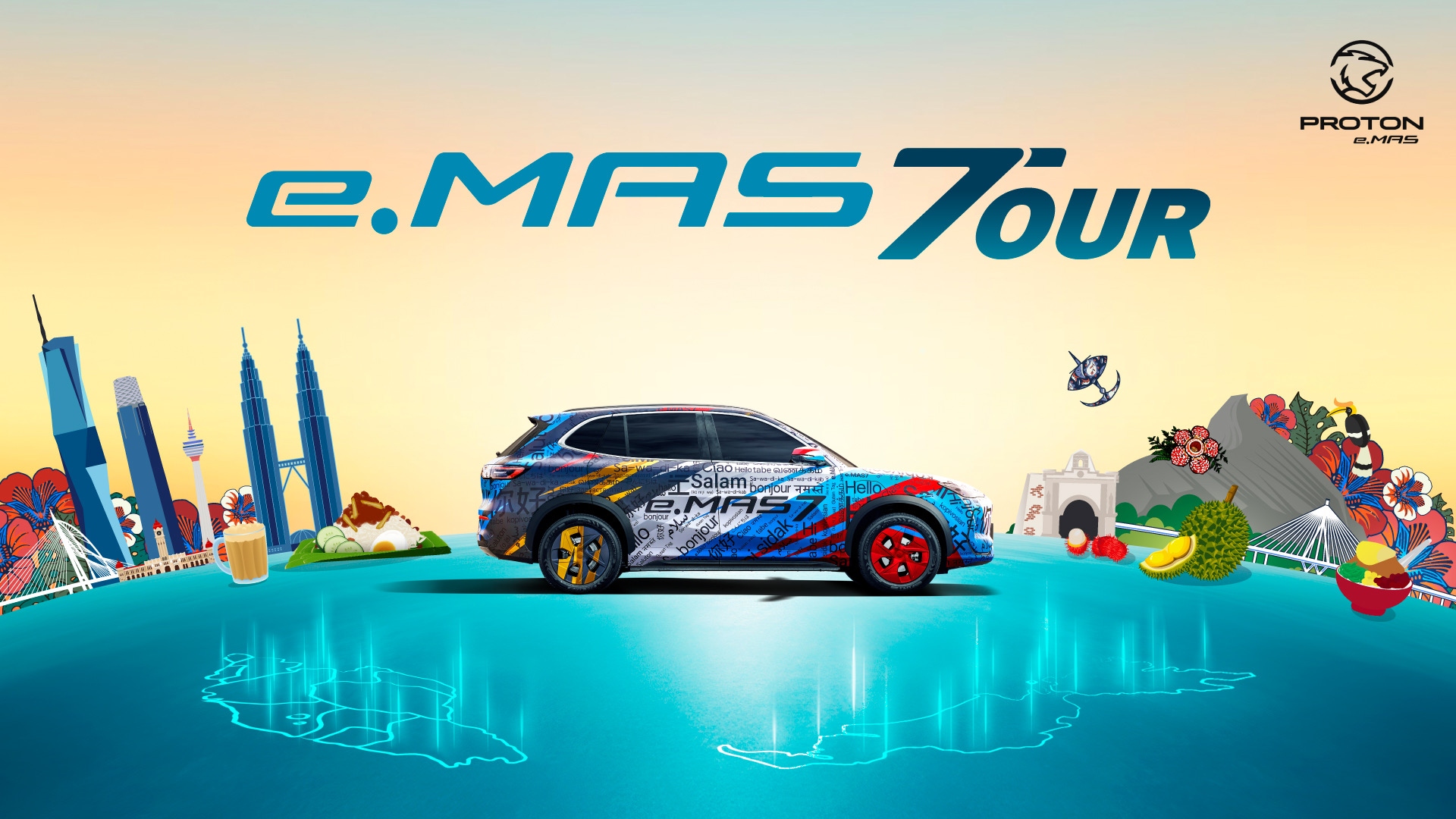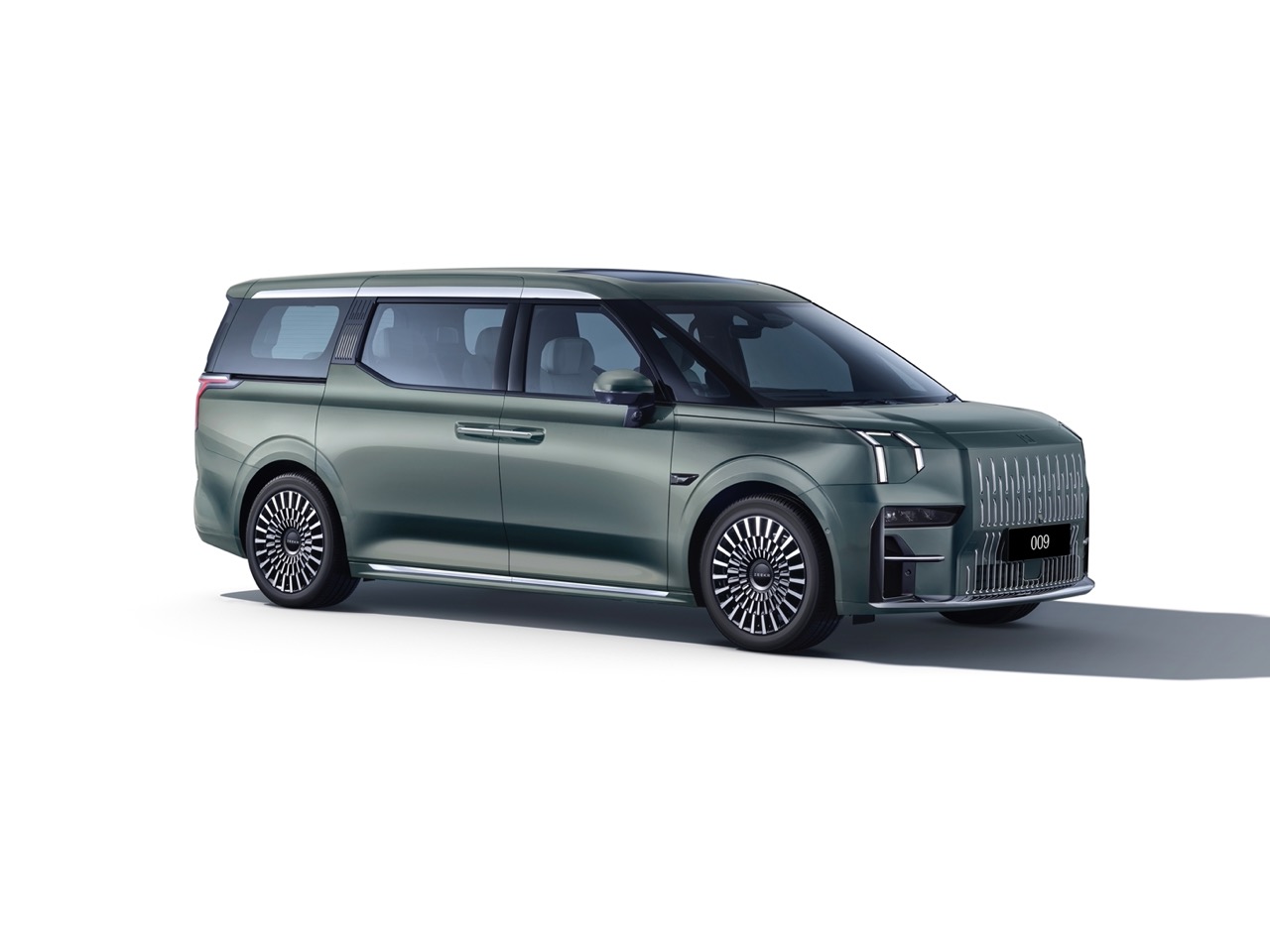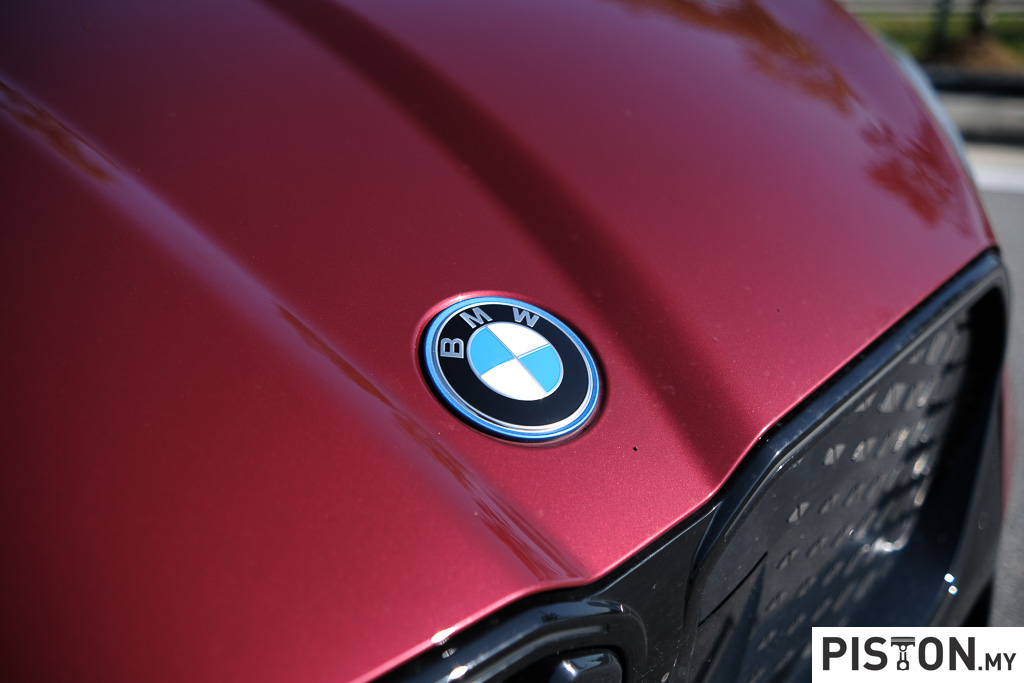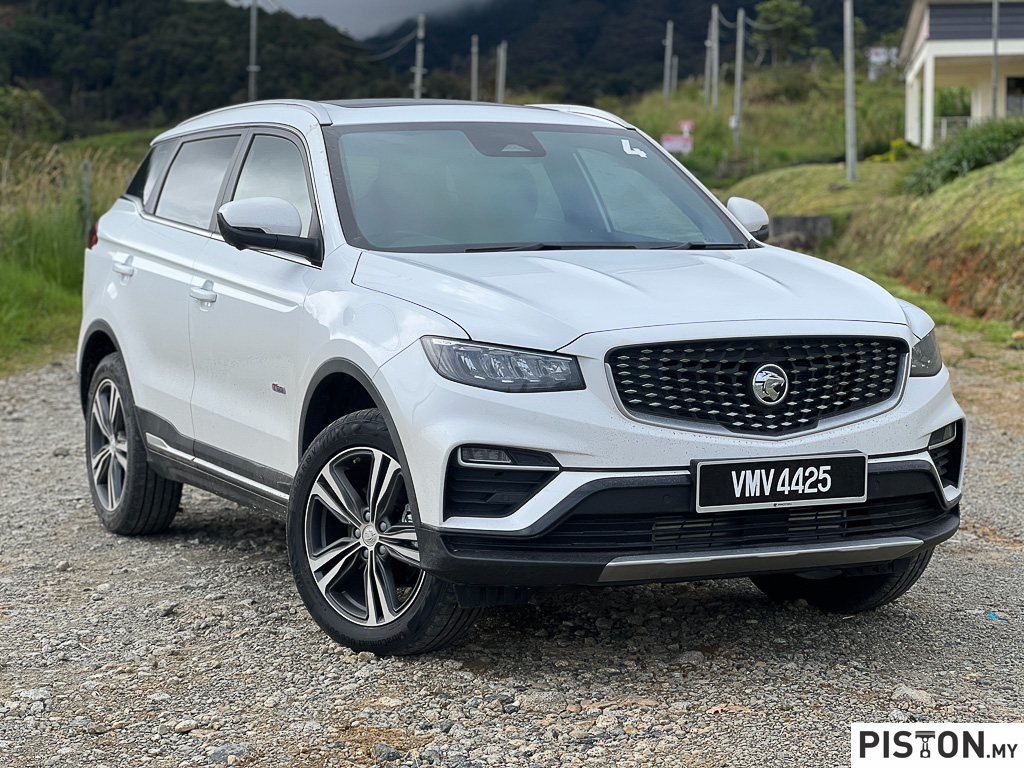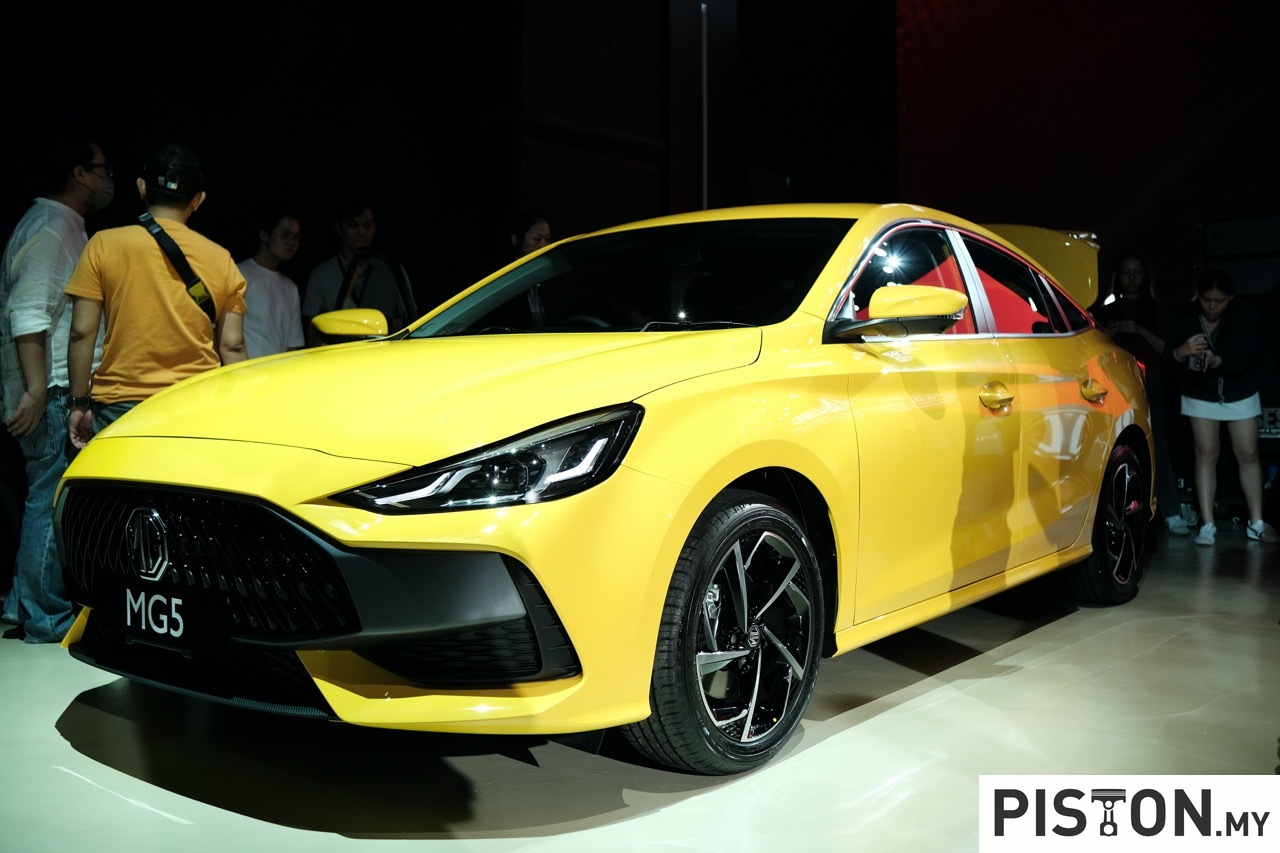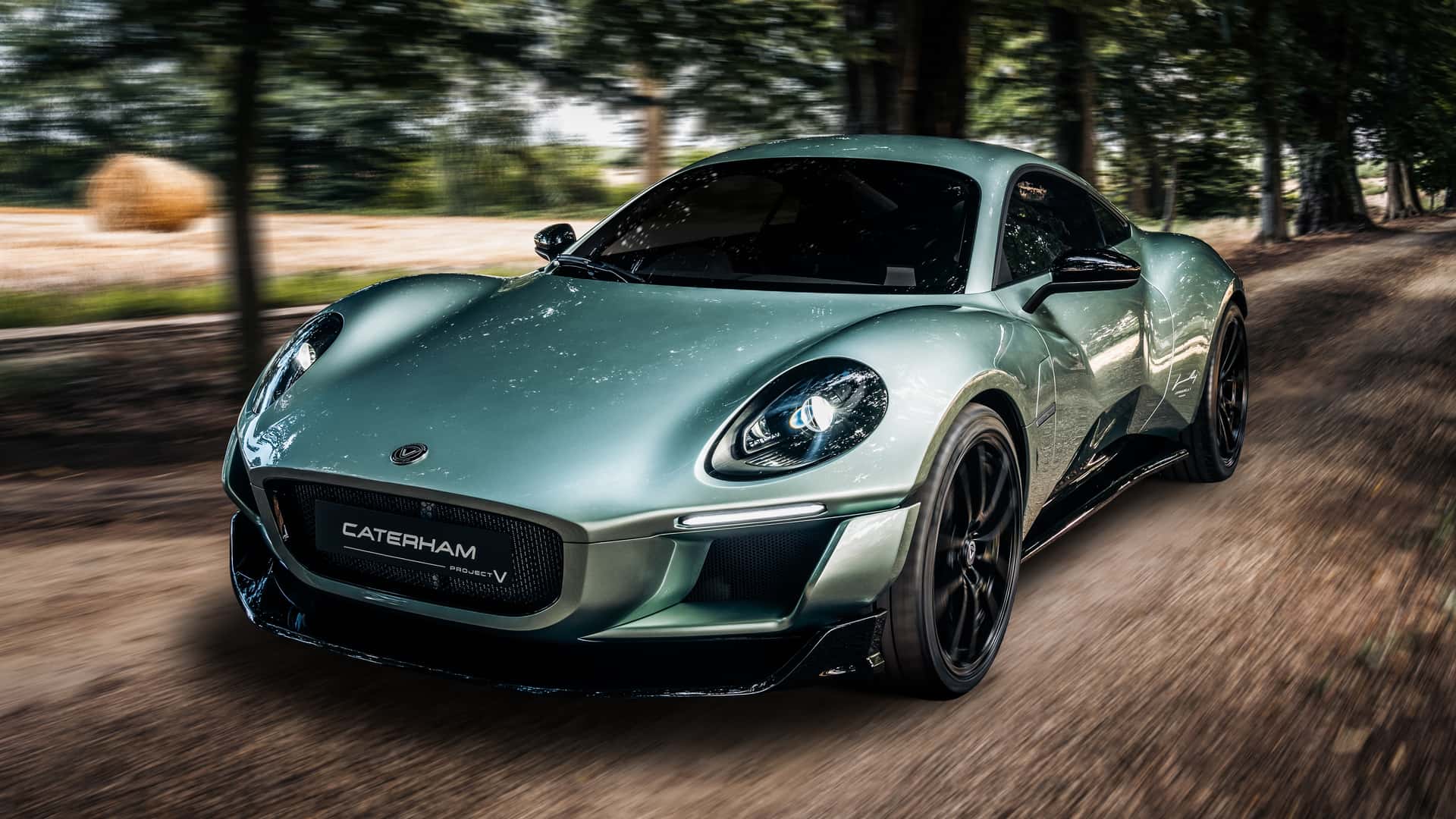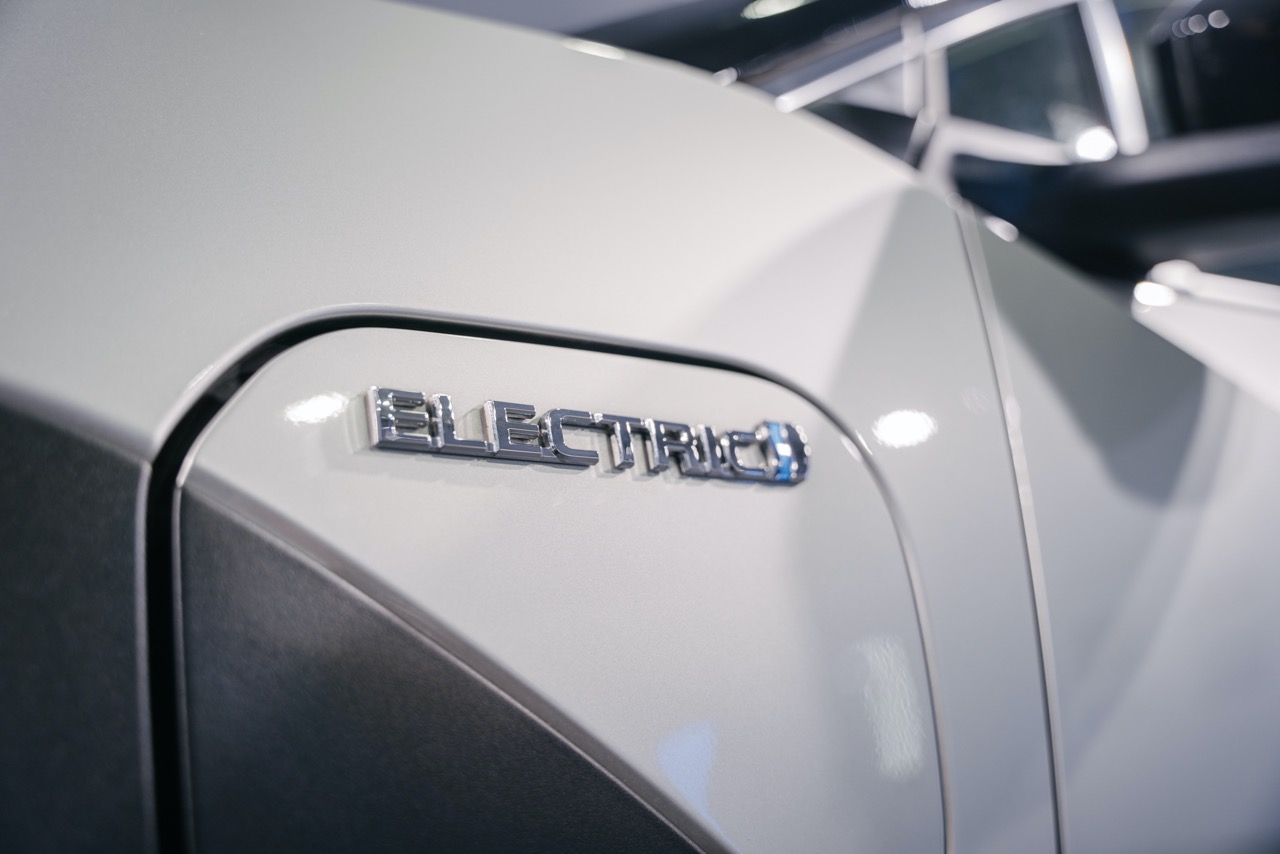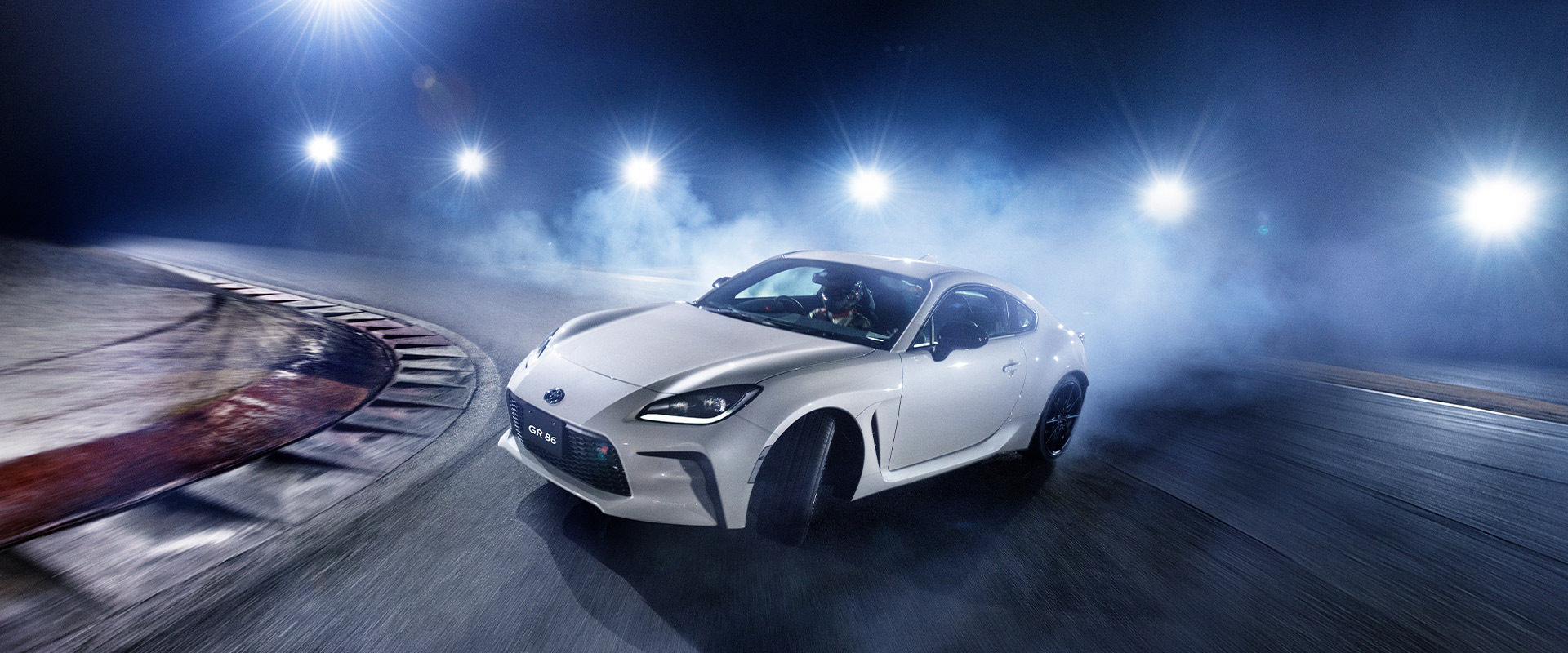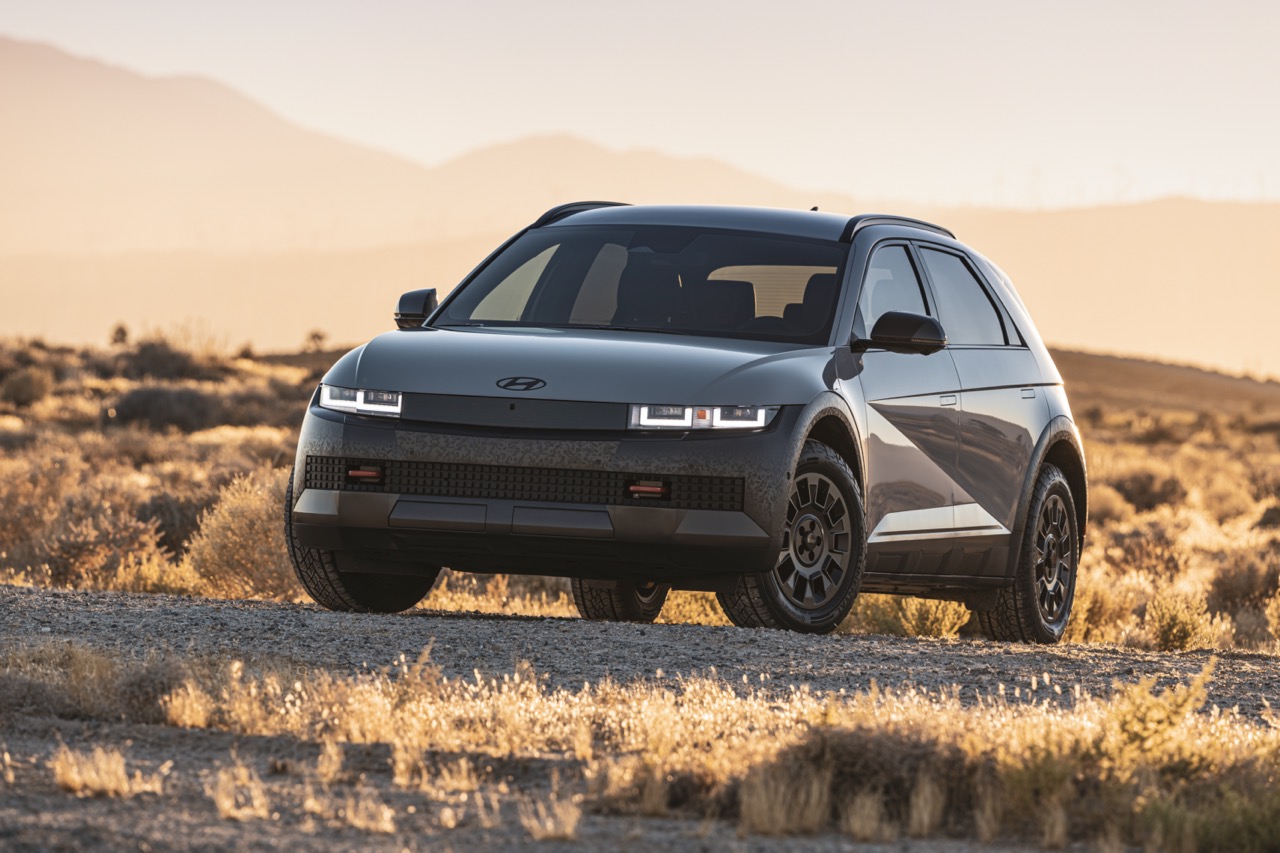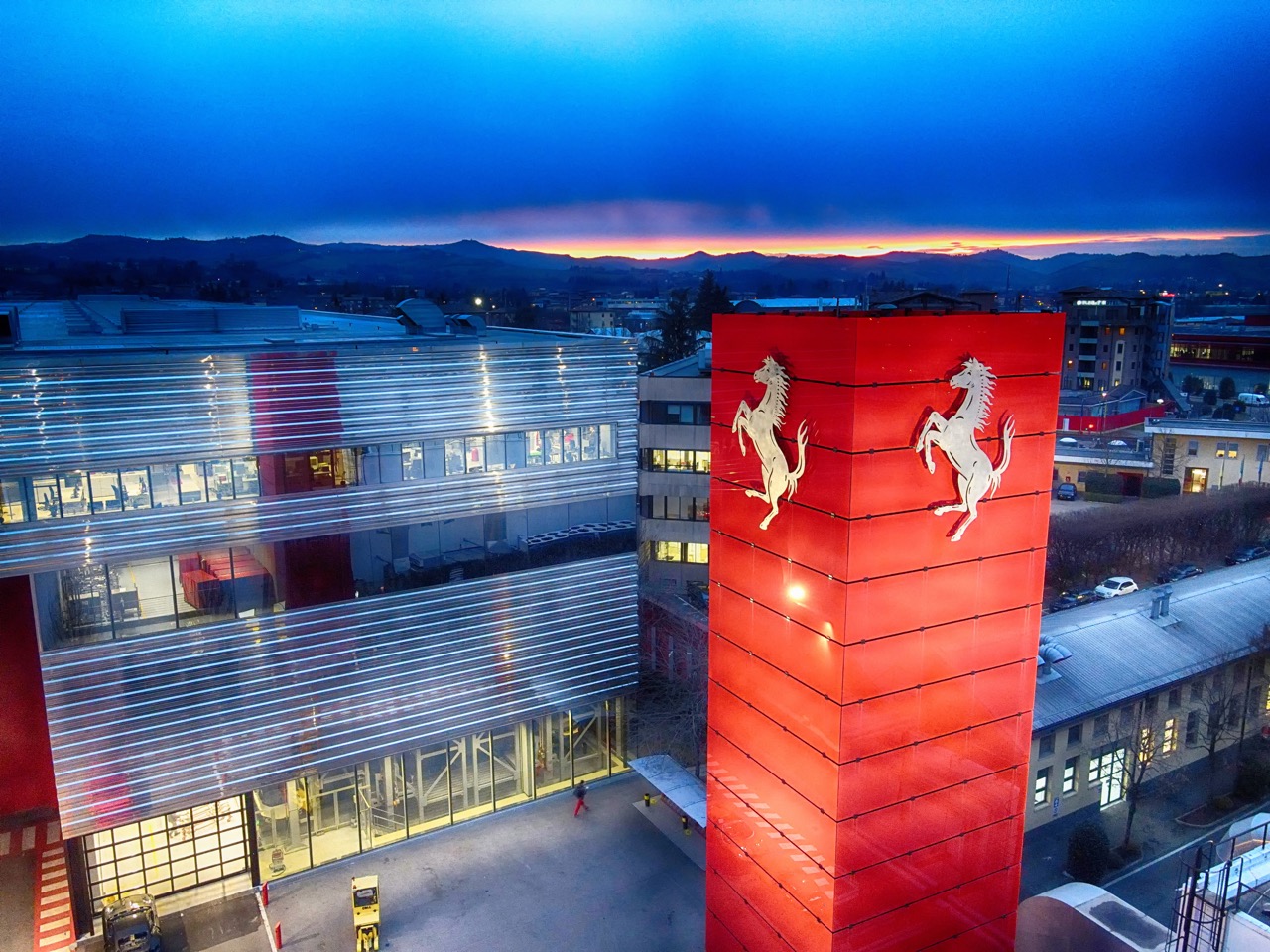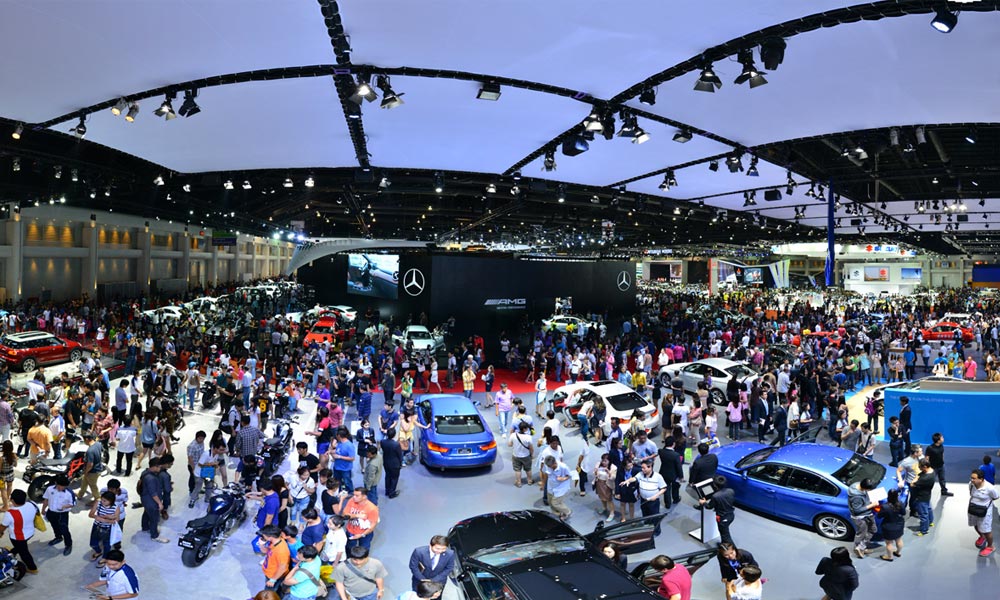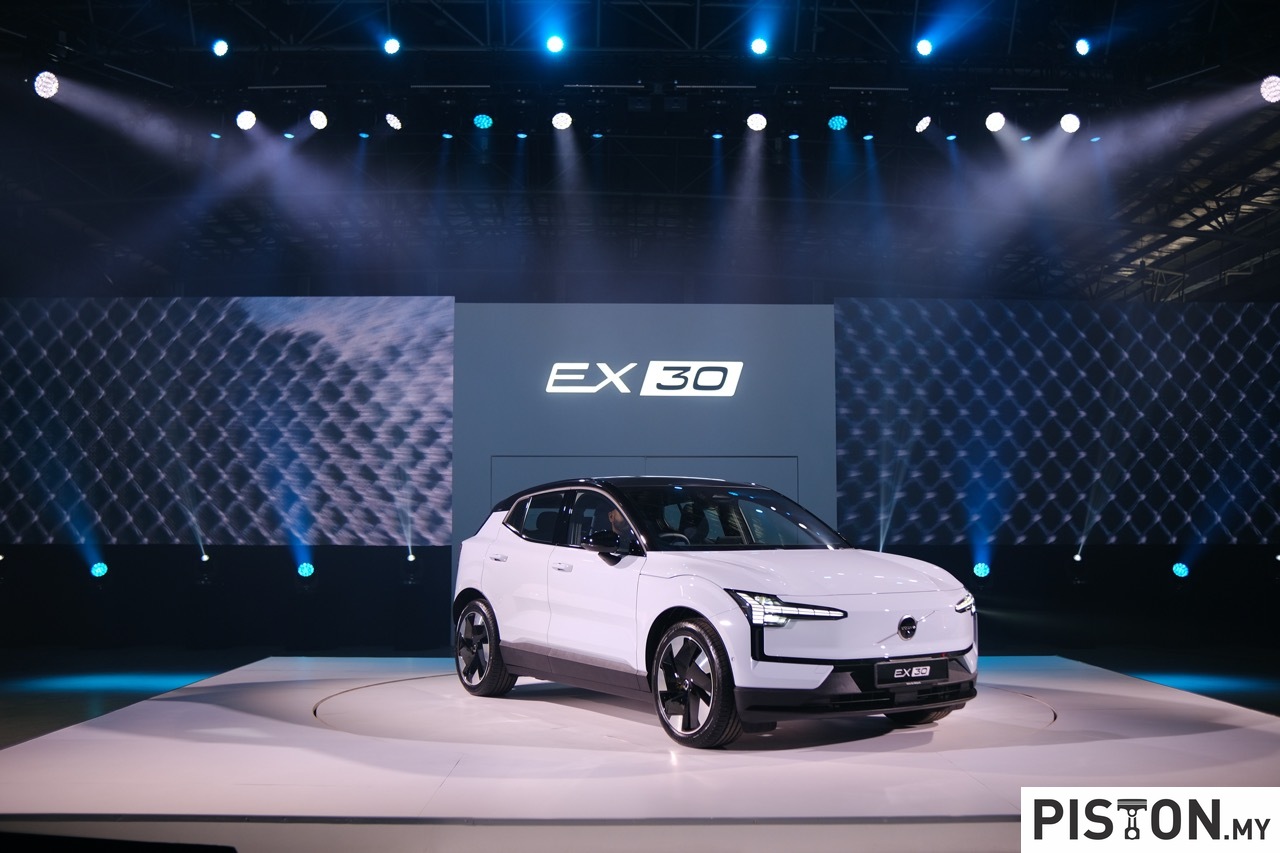Hubject, a leader in EV interoperability, has signed a Memorandum of Understanding (MoU) with Gentari Green Mobility Sdn Bhd, a subsidiary of Gentari Sdn Bhd, to integrate Gentari’s EV charging network with Hubject’s eRoaming platform. This collaboration aims to enhance the accessibility and reliability of EV charging infrastructure in Malaysia and Southeast Asia.
Key Points of the Collaboration:
- Integration with Hubject’s eRoaming Platform:
- Gentari’s EV chargers will be connected to Hubject’s eRoaming platform, allowing EV drivers to charge seamlessly across a broader network of charging points in the region.
- This partnership will be significantly enhanced when Gentari’s charging points are certified for Hubject’s Plug&Charge via the Gentari Go app, enabling EV drivers to start charging without using a mobile app or RFID card.
- Advancing Seamless Charging Experience:
- Gentari is in talks with OEMs to enable Plug&Charge capabilities for their vehicles, further promoting a seamless charging experience.
- Statements from Leaders:
- Christian Hahn, CEO of Hubject: He emphasized the value of the collaboration, highlighting how it supports the adoption of EVs and renewable energy. He sees Gentari as a future EV mobility champion in Southeast Asia.
- Shah Yang Razalli, Deputy CEO of Gentari and CEO of Gentari Green Mobility: He reiterated Gentari’s commitment to sustainable transportation, ensuring safety, reliability, and convenience for customers. He views this partnership as a significant step towards becoming a leading green mobility solutions partner in the Asia Pacific.
- Gentari’s Charging Network:
- Gentari operates the largest direct current (DC) charging network in Malaysia, with over 120 DC charging points from more than 400 charging points (CPs) in the country.
- Gentari’s clean energy platform, Gentari Go, provides access to over 2,400 chargers across Malaysia, Singapore, and Thailand through an EV roaming network.
- Global Ambitions:
- Hubject aims to achieve one million networked charge points globally by 2024, and this partnership with Gentari is part of their strategic goal to streamline the EV charging experience in Southeast Asia.




